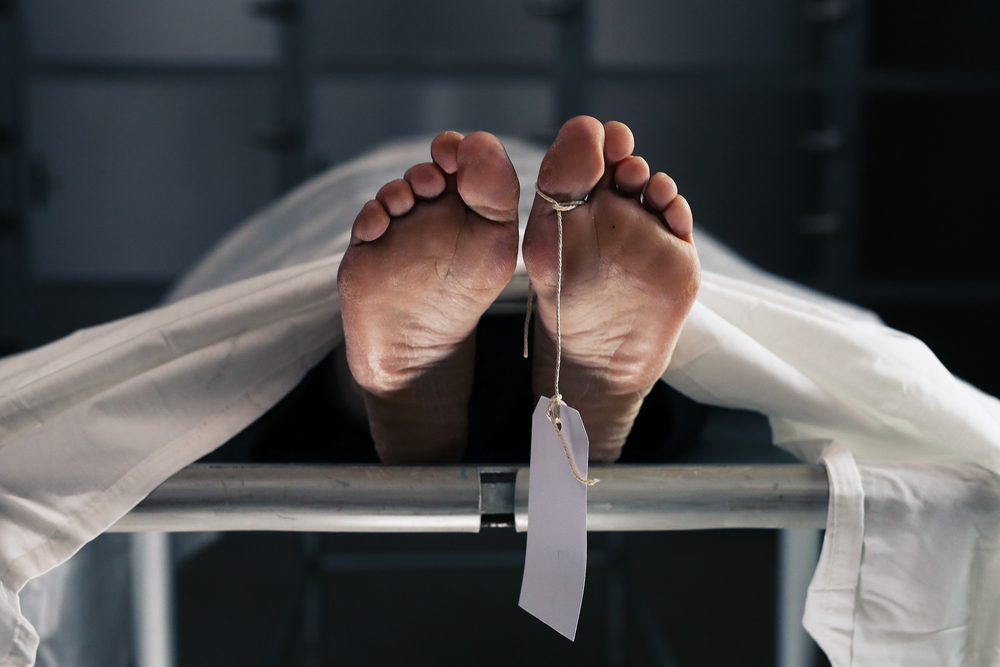Assisted suicide bill stalls in Illinois Legislature amid Catholic opposition
A bill to legalize physician-assisted suicide in Illinois was not called for a vote in the Senate before the Legislature adjourned on June 1, effectively halting its progress for the session amid ardent opposition from leading Catholic voices in the state.
The bill, which passed in the House at the end of May, would have made it legal for physicians to give “qualified” terminally ill patients life-ending drugs. As the bill failed to move through the General Assembly, physican-asisted suicide remains criminal in Illinois.
Physician-assisted suicide, called medical aid in dying or “MAID” by proponents, is legal in 10 states as well as the nation’s capital. Oregon was the first to legalize the practice in 1994, though an injunction delayed its implementation until 1997.
Under the proposed Illinois legislation, death certificates would show the terminal illness as the cause of death, not suicide.
The bill was included as part of legislation originally intended to address food and sanitation.
Cardinal Blase Cupich, archbishop of Chicago, criticized the bill in a May 30 statement.
“I speak to this topic not only as a religious leader but also as one who has seen a parent die from a debilitating illness,” Cupich said, recalling his father’s death.
Cupich urged Illinois to promote “compassionate care,” not assisted suicide.
“My father was kept comfortable and was cherished until his natural death,” he said.
Cupich noted that Catholic teaching supports palliative care (a form of care that focuses on improving quality of life, including pain management, for patients with terminal illnesses) “so long as the goal is not to end life.”
“There is a way to both honor the dignity of human life and provide compassionate care to those experiencing life-ending illness,” Cupich said. “Surely the Illinois Legislature should explore those options before making suicide one of the avenues available to the ill and distressed.”
State Rep. Adam Niemerg, a Catholic legislator who opposed the bill when it was on the floor in the House, said the practice “does not respect the Gospel.”
Niemerg urged Illinois legislators to vote against the bill, saying: “We must protect the vulnerable, support the suffering, and uphold the dignity of every human life.”




